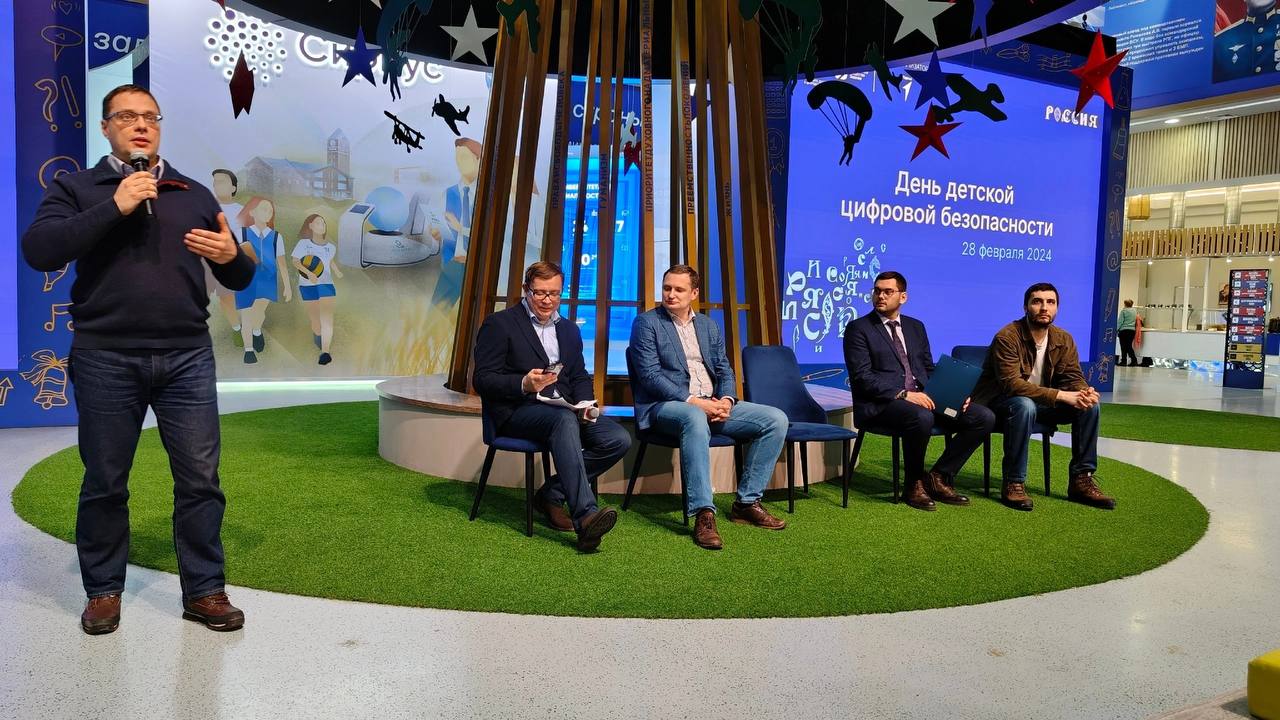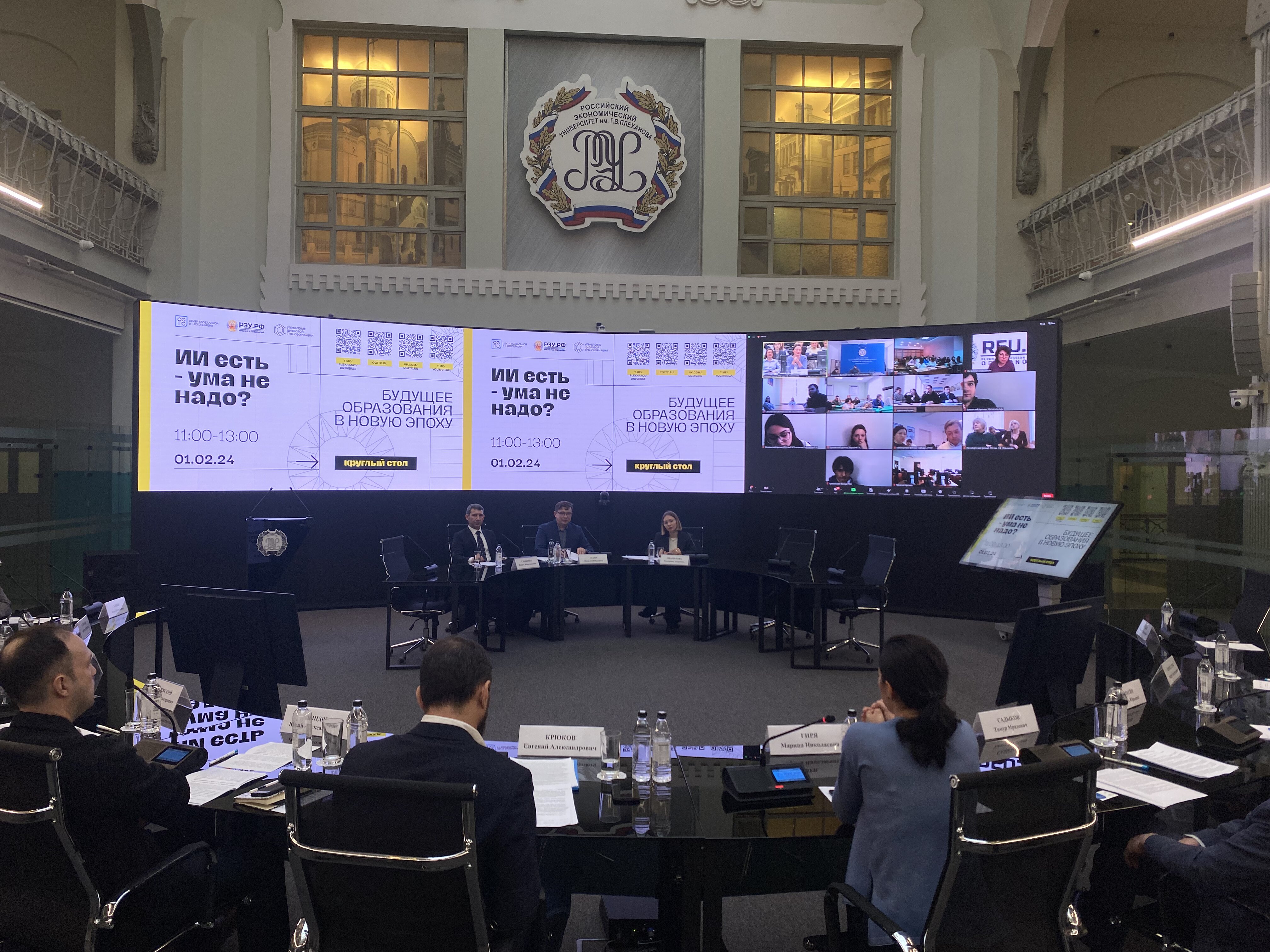According to the document, by 2024, the market size of AI-based technologies in Russia will have reached 14 billion rubles, which is less than one-tenth of what was stated in the corresponding 2019 program. However, experts believe that even the adjusted plans will be hard to implement, because there simply isn’t enough high-performance foreign equipment.
The Ministry of Economic Development approved the “Advancement of ‘Artificial Intelligence (AI)’ Sector for the Period up to 2030” roadmap in late December 2022. On January 16, the relevant deputy prime minister, Dmitry Chernyshenko, signed an agreement with the parties that will be carrying out projects in accordance with the roadmap. Among the responsible parties listed in the document are, for example, Sber, RDIF, Skolkovo Foundation and others—a total of 30 foundations, universities, and public authorities.
The main goal of the roadmap is to “accelerate the process of large-scale implementation of domestic AI solutions in the economy and social life,” the office of Chernyshenko explained. “After the imposition of sanctions, we identified the AI products that need to be developed in the territory of Russia, prepared a set of measures that could allow to develop such products and scale them up, and included all of that in the updated roadmap,” the Ministry of Economic Development added.
The “Neurotechnology and Artificial Intelligence” roadmap, approved in 2019 (and available on the website of the Ministry of Digital Development), suggested that the portion of the state budget allocated to AI development would have amounted to 56.8 billion rubles by 2024. According to the new strategy, the funds will be spent over a period of seven years and by 2030 will have reached only 24.6 billion rubles.
The expected size of extrabudgetary funds has decreased even more dramatically—from 334 billion rubles by 2024 to 111 billion rubles by 2030. Moreover, while the 2019 strategy suggested that by 2024, the domestic market size of AI technologies would have reached 160 billion rubles, in the new roadmap, the indicated number is significantly lower (14 billion rubles).
According to the document, in Russia, there will be four areas of AI technology development: “natural language processing and speech synthesis,” “computer vision,” “promising artificial intelligence techniques,” and “intelligent decision support.”
Each area requires research, patent registration, and startup financing as well as, first, releasing prototypes and then, finished products: new neural networks able to create texts, computer vision systems for autonomous vehicles, and other solutions. Sberbank will be their primary developer: by 2030, it will have invested 99.7 billion rubles in AI solutions development. Public entities, such as the Ministry of Health, MSU, Ministry of Transport and others, will engage in software development as well.
The government’s plans to adjust state projects in the field of AI technology development to “take account of the agenda for countering sanctions” were first announced in early April 2022: the adjustments were needed, inter alia, due to the restricted access to the global infrastructure and advanced technologies.
Most of those engaged in the implementation of state AI development projects are subject to sanctions and, therefore, can have a hard time accessing high-tech equipment needed to develop such solutions, believes Vladimir Arlazarov, General Director of Smart Engines. “We’re talking, for instance, about Nvidia’s A100 and H100 integrated circuits as well as any potential processors that could match A100’s performance.” According to the expert, the outflow of scientific talent, including Candidates and Doctors of Sciences, plays a significant role in the process as well and will make it harder to achieve existing goals.
However, Sberbank, for example, ensures that it has adapted to the new reality “promptly and almost seamlessly”: “The withdrawal of foreign companies from the Russian market opened a window of opportunity to create and promote domestic solutions.”
https://www.kommersant.ru/doc/5773647





